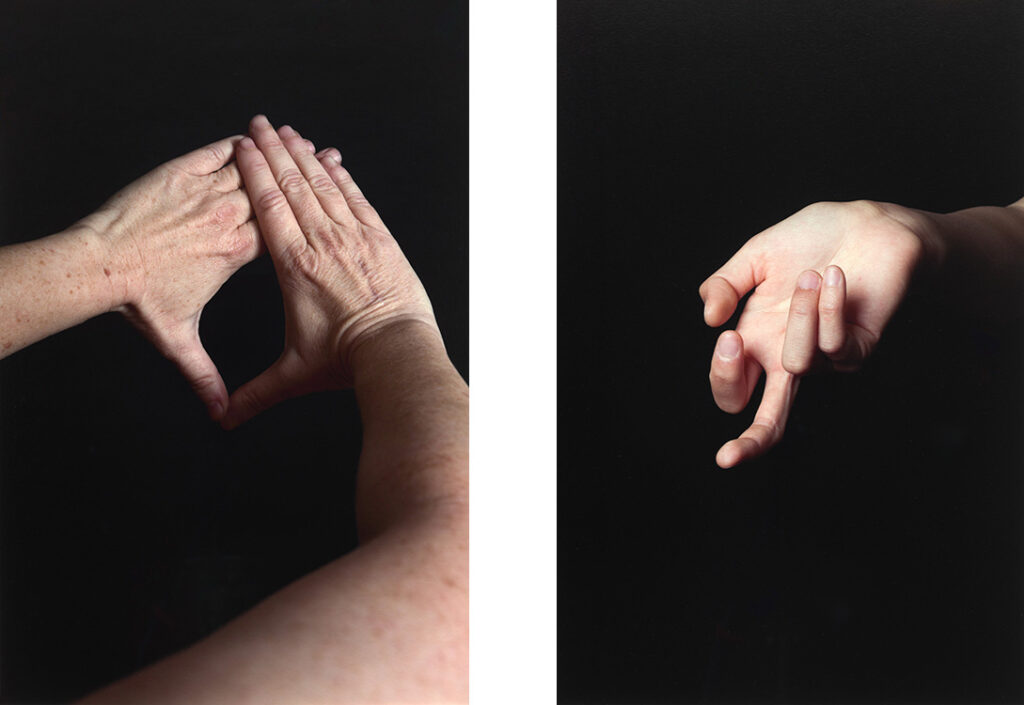All Articles
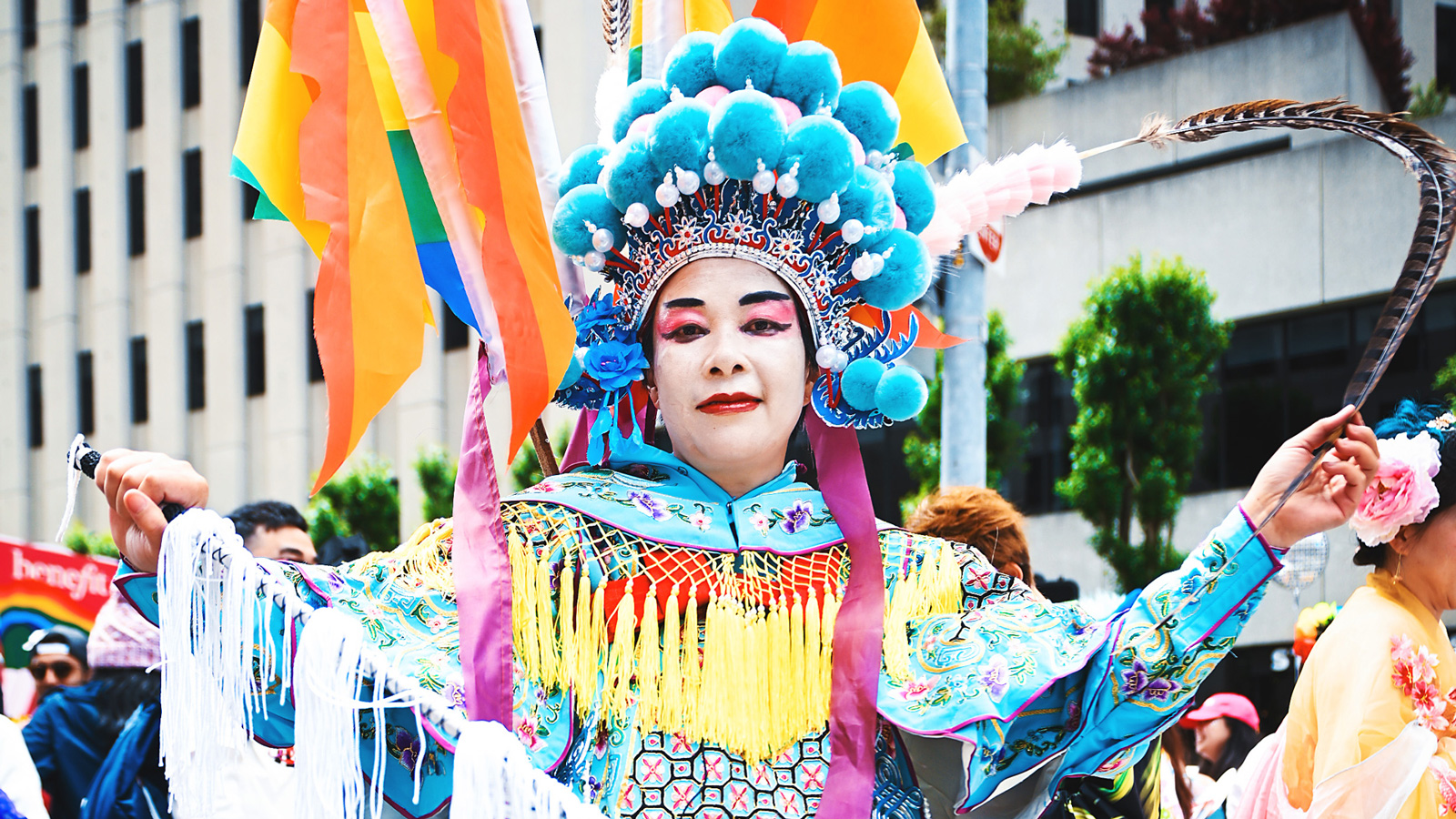
This Pride Month, Curator and Head of Contemporary Art Abby Chen spotlights four artists whose varied practices speak to expansive and evolving expressions of queerness. These artists reflect a rich tapestry of experiences and perspectives shaped by culture, setting, and imagination. San Francisco, the home of the Asian Art Museum, is common ground to all four; as Chen notes, “either they made an impact on the Bay Area, or the Bay Area has had an impact on them.” Their work reminds us that Pride can be quiet or loud, embodied or abstract, but is always rooted in the freedom to create on one’s own terms.
Shuji Ikeda gained renown in the Bay Area for inventive ceramic creations, weaving intricate “baskets” from strands of clay. In 1973 he moved from Japan to San Francisco, a city known for its LGBTQ+ inclusivity, where he intended to study filmmaking but ultimately found his calling in clay. Ikeda’s art was deeply personal and unique, while also informed by time-honored Japanese ceramic techniques.
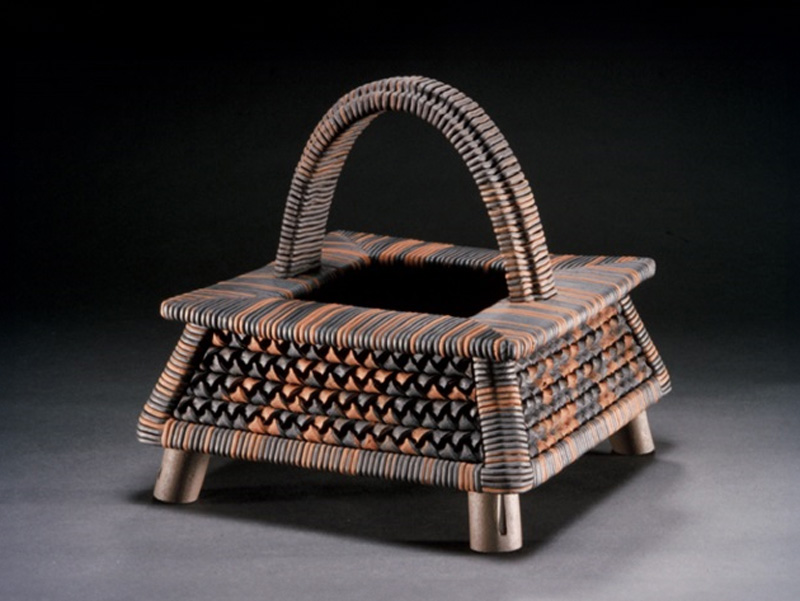
Xiangqi Chen’s work explores performance and layered identity, weaving personal narrative into broader cultural frameworks. Her first international exhibition took place in San Francisco, where its resonance with the city’s legacy of activism made a lasting impression. As the founder of OUT Museum, the world’s first Chinese queer museum, Chen continues to create platforms for connection and remembrance.
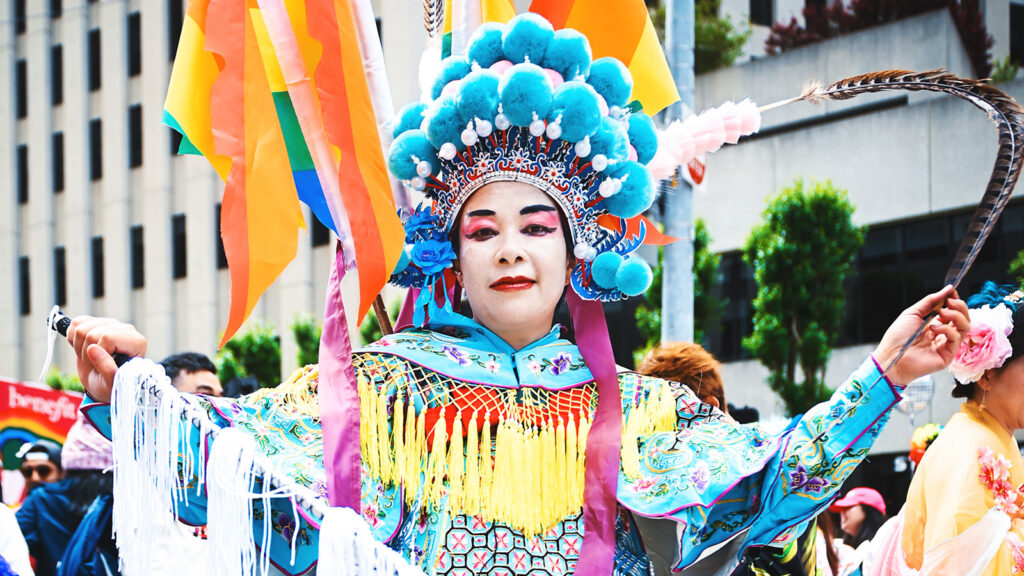
Summer Mei-Ling Lee works in performance, installation, video, painting, and other media, engaging with themes of transformation, impermanence, and the nature of perception. No matter what form her work takes, Lee always creates a space for viewers to sit with complexity, gently pushing them to question what it means to be authentic and to belong.
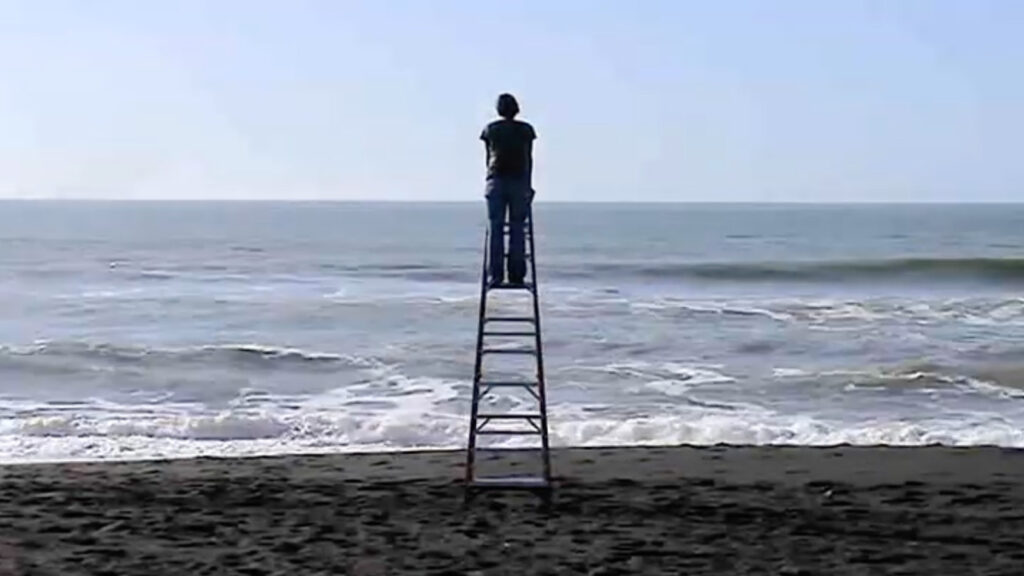
Nicole Pun brings an intimate, introspective lens to image-making. Through photography, video, and performance, she explores desire, queer identity, and female representation. Challenging norms around representation, Pun blurs the boundaries between public and private, embracing the freedom to be complex and vulnerable, and to exist beyond container or categorization.
